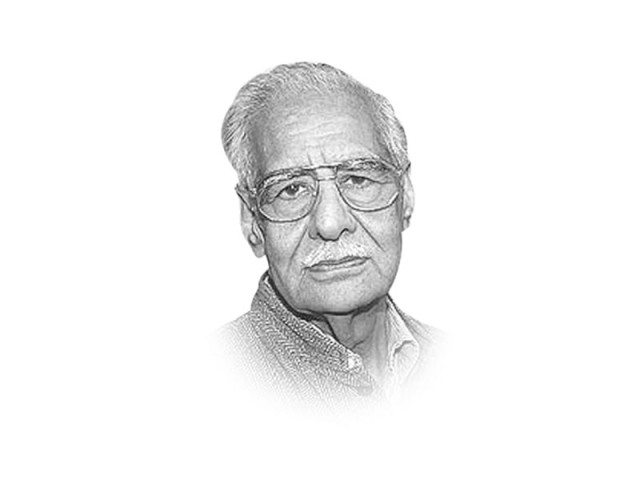Towards peace with Pakistan
Kashmir is a complex issue which has got more intractable over the years, and Pakistan is willing to resume from 2007.

It augurs well for the meeting between the foreign ministers later this July. Both countries have an opposite stance on Kashmir and, as Bashir said at the joint press conference, they have not resiled from their known positions. Not even an optimist expected a breakthrough at Islamabad.
Still, Rao gave a peep into the future when she said that it was time that “a vocabulary of peace” rather than an ideology of military conflict determined the way the two countries viewed each other. What it indicates is that they have realised how futile the two wars of 1947 and 1965 have been. The important point is that after the hostilities they have found a common ground to sign peace agreements.
Indeed, Kashmir is a complex issue which has got more intractable over the years. First, there were two parties, India and Pakistan. Now the Kashmiris, too, want to have their say, a natural desire which has taken the shape of azadi. The Kashmiris have lost some 40,000 people in their ‘fight’ for self-determination. The solution has to have the imprint of Kashmiris’ approval.
Many solutions have been bandied about — New Delhi and Islamabad are still working at a few through back channels — but what appears more acceptable than the rest is to make the Line of Control (LoC) into the ‘Line of Peace’, as Zulfikar Ali Bhutto suggested in 1972 when he was giving me an interview as Pakistan’s prime minister. He did not pursue the proposal at the Shimla Conference. His probe in the country had made it clear that he could not sell the formation when it had lost its eastern wing a few months earlier.
More or less the same formula was retrieved by former Pakistani president General Pervez Musharraf nearly 35 years later. Indian Prime Minister Manmohan Singh reportedly endorsed it because there was no change in the Kashmir-Muzzaffarpur border, his pre-condition for accepting the solution. According to Pakistan’s former foreign minister Khurshid Kasuri, the agreement would have been signed by Singh at Lahore if the lawyers’ agitation in Pakistan had not disturbed the situation.
The two foreign ministers can bring the formula back to the table. There are enough indications to suggest that Pakistan is willing to begin from the point where talks ended during the Musharraf period.
After the Mumbai 2008 attacks, India is convinced that no militant can operate in Kashmir and elsewhere in the country without assistance from across the border. In fact, the Mumbai attacks consumed almost the entire meeting on the first day between the two foreign secretaries. Rao pointed out that Pakistan had done very little to bring the perpetrators to justice. Bashir promised to pursue the case vigorously. But since no new judge has been appointed to the Special Court for the prosecution of the killers, there is little hope for an early action.
Rao took all this in her stride to show how keen New Delhi was to normalise relations with Pakistan. Bashir responded by agreeing to set up two joint committees to discuss how to clear the nuclear shadow over the subcontinent and to suggest steps to control the excessive military build up on both sides. This initiative on the part of Pakistan shows that the army is on board.
At last, both countries have realised that people to people contact is essential to establish good relations There are proposals to liberalise visas and, at the same time, increase trade, which is negligible at present. Were the two foreign ministers to take up the implementation of the reported agreement on Sir Creek, they would strengthen a good beginning. Both countries should have concluded by this time that there is no option but peace and friendship.
Published in The Express Tribune, July 7th, 2011.



















COMMENTS
Comments are moderated and generally will be posted if they are on-topic and not abusive.
For more information, please see our Comments FAQ